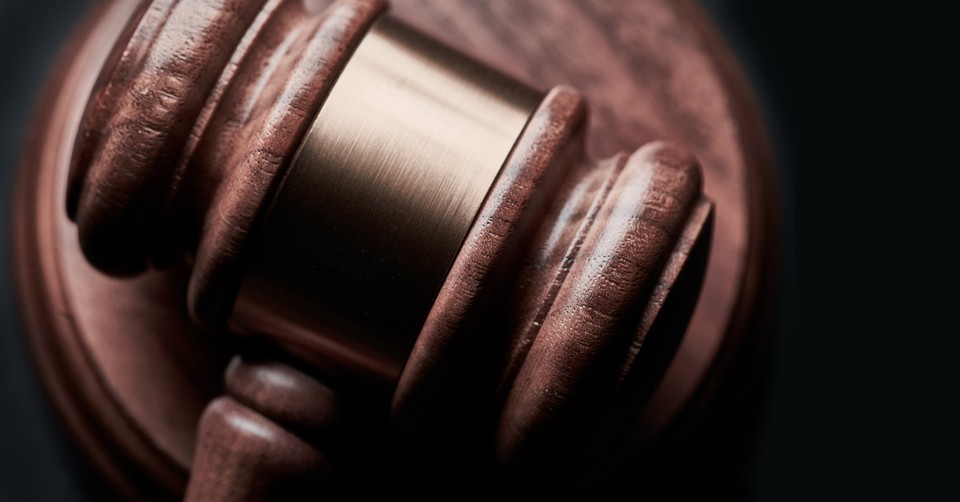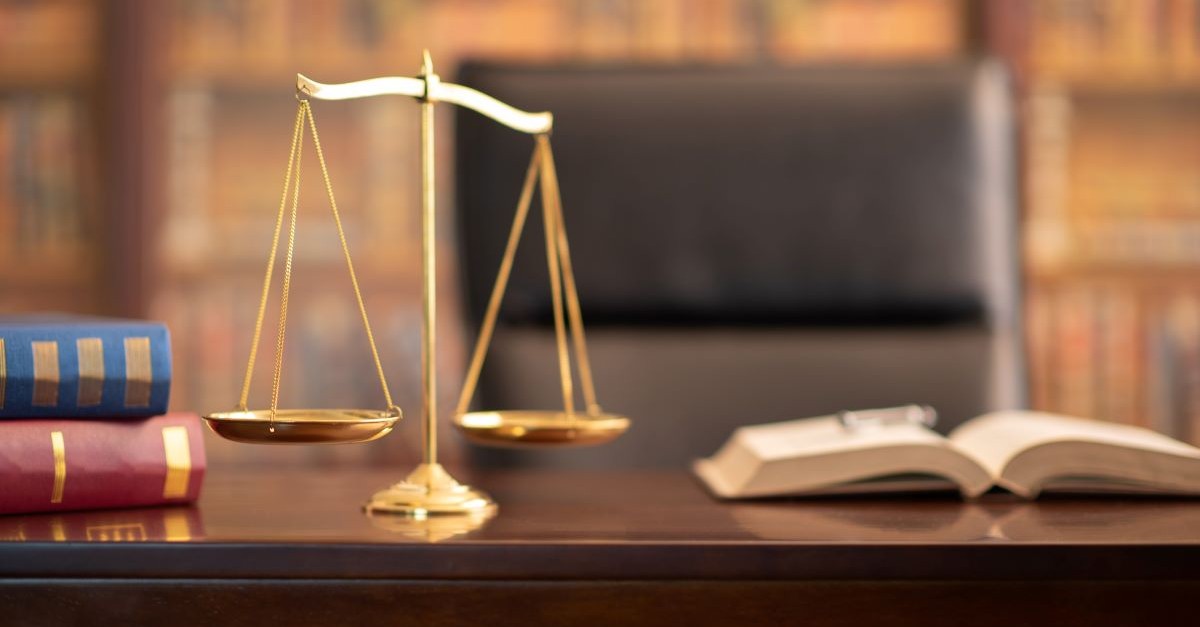How Much Do Human Rights Differ Between Christians and Atheists?

With ongoing debates over Roe v. Wade and whether gender theory belongs in school classrooms, the idea of human rights continues to arise. One group claims to have rights to do a certain activity, while another group says that isn’t true. Who’s right and who’s wrong?
The answer to that question depends on where or from whom we get our rights. Though, our country seems to be unsure of that answer too. Is God the arbiter of human rights or does that responsibility belong to the government?
If rights are given to us, can they be taken away? If so, for how long? Can rights be permanently removed?
Whether we’re discussing religion, free speech, abortion, or gender theory, too many of us are having conversations, but we don’t have a shared understanding of human rights.
When our country was founded, Christian men established human rights as “inherent,” believing that we are given what we are given because of God. Without a belief in God, how do you rationalize this idea? As a Christian, I’m unsure.
Thus, I decided to pose some questions to fellow writer and alumni, Richard Jennis. We represent two different faiths and two different political parties. While there are common values: marriage, world peace, and aiding those who suffer, our reasons for desiring those things differ. And so, I decided to ask him the question. How much do human rights differ between Christians and atheists? Here’s what he explained:
How Much Do Human Rights Differ Between Christians and Atheists?
It depends on the Christian or atheist, but generally speaking, Christians and atheists have more commonalities than differences when it comes to perceptions of human rights.
What are human rights?
Basic, necessary rights that all humans are granted simply by being human. They do not need to be earned and are inalienable.
Can you name a few examples? Why are these human rights?
Freedom of speech, the right to life, the right to a fair trial, the freedom to practice religion or not practice religion, and the freedom to defend ourselves from a tyrannical government are all basic human rights. They are building blocks for freedom and security in society. Without them, people would face constant fear and insecurity.
Where do human rights come from? How do you know?
Human rights don’t necessarily trace their origin to one being, doctrine, or culture. The origin of the theory of human rights goes back to Greece and Rome, as well as documents that secured these rights, such as the Magna Carta and the US Bill of Rights. We know about their influence because they were essential in formulating, defining, and securing human rights.
At what stage of life do humans gain their human rights?
I don’t think that question can be answered to a specific point in time. I believe that life occurs somewhere between conception and birth, and human rights would occur as life does. If I had to give a time, I would say sometime in the late second trimester, around the point of viability.
Is abortion a human right? Why or why not?
I don’t consider abortion a human right, though I do consider access to a safe abortion an important legal right. Human rights apply more to essential rights that set the groundwork for other rights. Abortion is definitely not the kind of right that one can find in the Constitution, but it’s still an important legal protection. A number of dangerous complications can arise without it.
As someone who supports abortion, when do you recognize the human being as having human rights?
As mentioned in my response to when humans gain human rights, it’s nearly impossible to pinpoint a single moment in time. Students, theorists, activists, and politicians have debated this idea considerably. Sometime during the late second trimester is my best assessment, around the time of viability.
Can human rights be lost temporarily or permanently?
Human rights are inalienable and apply to everyone, even people who behave in very detrimental ways. There are situations in which individuals are killed to prevent them from committing murder, or their religious practices are prevented because they are violent. In this sense, human rights like the right to life and the right to practice religion can be overridden to prevent individuals or groups from violating others’ rights, but otherwise should be upheld.
Are human rights guaranteed to every human?
They should be. Humans don’t stop being human when they commit criminal offenses, so human rights should not stop existing for people who commit criminal offenses. As mentioned, human rights cannot be guaranteed when used to violate others’ rights.

Photo Credit: ©GettyImages/utah778
Are there certain rights that people believe they have and in reality do not?
There are both human rights and legal rights that people think they have but actually don’t. For instance, some people think calls to violence are protected by freedom of speech, when they are not.
Today, do people gain rights depending on to which group they identify, racially, sexually, religiously? Should this be the case?
Some people are calling for rights based on group identity. In reality, the basis for human rights is humanity, and not identity characteristics. It would be more reasonable to take measures to ensure that people don’t lose their human rights based on group identity.
How different are the rights of religious people compared to the non-religious?
Religious and non-religious people should receive the same human rights. In terms of how religious and non-religious people theorize human rights, there tends to be some consistency.
One of our founding fathers, John Adams said, “Our Constitution was made only for a moral and religious People. It is wholly inadequate to the government of any other.” What do you make of this statement in the context of human rights?
John Adams was wrong at least in regard to the Constitution being made for a religious people. I suppose an immoral society might not care about human rights, so they might be built with the presumption of a moral society in mind. Nonreligious people value, uphold, and live by the Constitution too.
Those who believe in human rights as being endowed by God, believe so because we are made in His image (Genesis 1:26-27). If mankind gives human rights, aren’t these then by definition given and not inherent to anyone’s humanity?
Human rights have to come from somewhere. Even if God grants human rights, they are given by God instead of by mankind. The idea is more that governments and mankind need to acknowledge human rights than that they grant them. Human rights are innate, and there are consequences when individuals or governments violate them.
Could any government be considered “wrong” for taking away human rights if they themselves grant those rights?
The idea is less that governments grant and take away human rights at their pleasure, than that a framework for human rights has already been established through philosophy, theory, social values, court rulings, and law. The US government, for instance, is beholden to the US Constitution, and cannot take away Constitutional rights as it pleases.
If human rights in America are not defined by Judeo-Christian values, how do we as a society create an indelible definition of what constitutes a human right? Or are we allowed to change our thinking as the culture changes?
Since many people in the US do not subscribe to Judeo-Christian values, and the US is not a theocratic country, defining human rights in America according to Judeo-Christian values wouldn’t be very inclusive. Human rights theorists, the US law system, the US Constitution, and US courts are all American entities that are entrusted with securing human rights. I do not think there is a single source for human rights. Changes in culture will inevitably change perceptions of human rights over time, just as US perceptions and recognition of human rights changed after the ratification of the Bill of Rights and as new amendments to the Constitution were added over the years.
How do you know that what you believe about human rights is the objective truth?
I don’t know that I can say that what I believe is objective truth. Healthy societies try their best to ensure human rights, create security for their people, and protect against violations. Some standard must exist, and that standard exists through discourse, law, documents, judicial review, and agreed-upon societal values. Perceptions are subject to change over time, but some standard is necessary in order to ensure freedom and security.
Conclusion
The debate over human rights is bound to continue as our country erupts into further turmoil. Whether the topic is abortion, gender theory, or even race, as Americans we’ve lost our ability to respectfully disagree. There’s no guarantee that things will get better, but let’s never forget - God is in charge.
Who could have predicted the possible overturning of Roe v. Wade that’s caused such mayhem? The chaos occurring is sad, but the babies being able to live is reason for celebration.
Life may look a certain way at a certain time, but we only see a piece of the full picture. That’s all we’ll ever see, but we trust a God who sees so much more.
“Lord, you have searched me and known me. You know when I sit down and when I stand up; you understand my thoughts from far away.
You observe my travels and my rest; you are aware of all my ways.” (Psalm 139:1-3)
Photo Credit: Bill Oxford/Unsplash

Get in touch with him at aarondanthony.com and check out his debut short story anthology Honey Dreams on Amazon and Barnes and Noble.
Originally published May 16, 2022.







